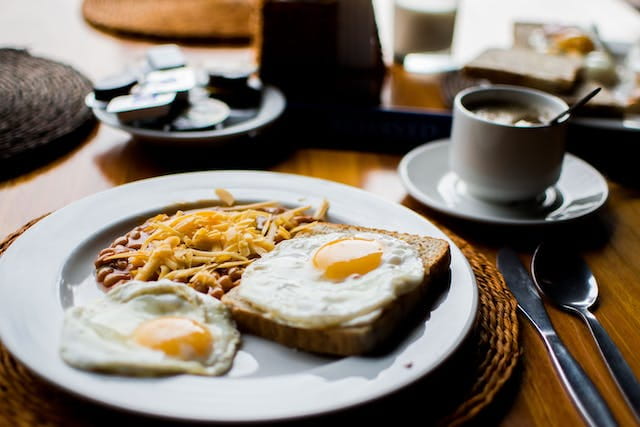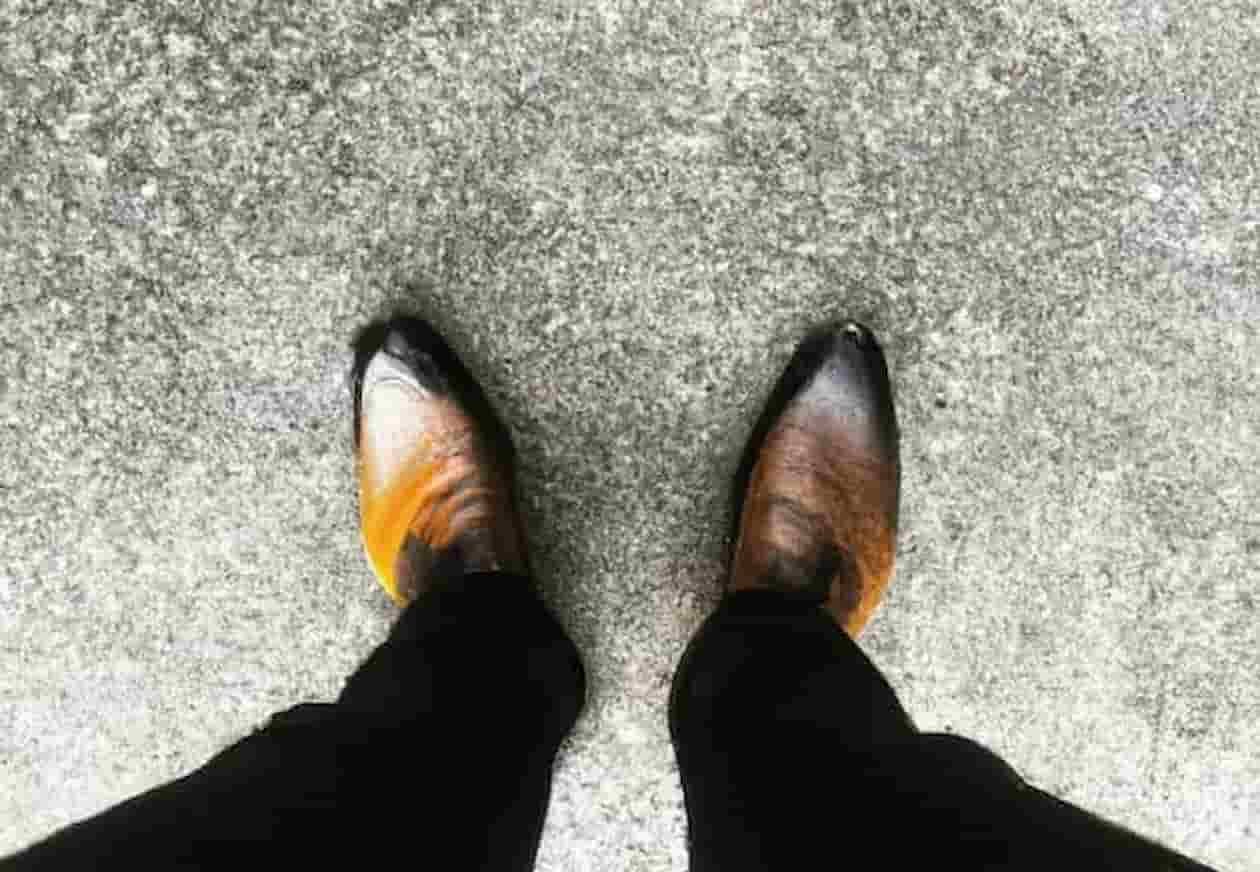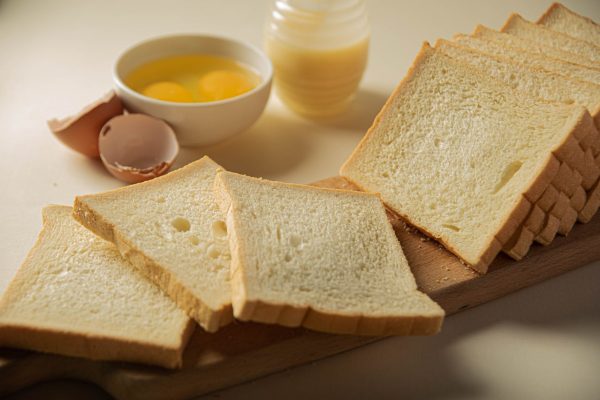Breakfast has long been considered the most important meal of the day, as the foods and beverages we choose to consume upon waking have a large impact on our cognitive performance, mood, and energy levels throughout the day.
Now, new research from the Endocrine Society shows that breakfast plays an even bigger role in our overall health than previously thought.
People who eat a hearty breakfast burn twice as many calories as those who eat a larger dinner, according to a new scientific study published in The Journal of Clinical Endocrinology & Metabolism.
They also have reduced cravings, particularly for sweets, and have healthier blood sugar (glucose) and insulin levels throughout the day.
More active metabolism after a big breakfast
Over the course of 3 days, researchers evaluated study participants who either ate a low-calorie breakfast and a high-calorie dinner or vice versa.
They then monitored the participants’ thermogenesis levels as well as other indicators, such as overall hunger, blood glucose levels, and cravings for sweets.
The researchers found that, on average, participants’ thermogenesis was 2.5 times higher after a big breakfast than after dinner, essentially showing that people’s metabolisms are more active after their morning meal.
Additionally, eating a high-calorie breakfast was associated with reduced hunger and cravings for sweets during the day.
What do we put on our plate?
The researchers behind the study generally recommend eating your largest meals earlier in the day, especially if you’re trying to lose weight. As the study shows, our metabolic rate slows down at night, causing the body to digest food and burn it for fuel.
In addition, choose a well-balanced breakfast, such as fruit, eggs, oatmeal, and yogurt, and avoid overly processed foods such as pastries and sugary cereals.
These are absorbed more quickly and can cause your blood sugar levels to spike and plummet, which will lower your energy levels and make you hungrier.

What hours does the metabolism work best?
When you eat lunch, it may be just as important as what you eat, new scientific data shows. Around 5 p.m., when the stress of the day starts to subside, your body is in a completely different mood! It’s overstimulation, and it seems to be the time it “asks” you for more calories, according to a new study. “We found that the body tends to burn about 10 percent more calories in the afternoon than later in the evening,” explains Kirsi-Marja Zitting, PhD, a neuroscientist at Brigham and Women’s Hospital in Boston, a lecturer at Harvard Medical School, and the lead author of the study published in Current Biology. This equates to about 130 calories your body burns without any extra help from you.
Metabolism and circadian rhythm: What hours does the metabolism work best?
Although researchers do not know exactly why our energy expenditure increases after noon, they assume that metabolism fluctuates following our circadian rhythms. This means that at night, when we sleep, our body consumes less energy, so the rate of metabolism also decreases. If you eat during those hours, say if you work shifts, your body won’t be able to burn the calories, which will eventually lead to weight gain, according to Zitting. On the contrary, during the day, when we are active, our metabolism increases and its peak is around 5 p.m. “Previous studies have shown that at the same time, you feel the “craving” more intense,” adds the expert. “Since at the same time we burn the most calories, the afternoon hunger is explained. Our bodies and appetites are tuned to our circadian rhythms.”
Now that you’ve learned them, try these effective practices
Find your rhythm
“For more wellness, the most important thing is to maintain a consistent schedule,” suggests Zitting. “Get up and go to bed around the same time every day. Also, eat breakfast, lunch, and dinner around the same time.” Our bodies tend to do certain things at certain times. If you keep messing up your schedule, you’ll see an impact on your health, sleep, and weight.
Avoid pitfalls
Of course, there will be times when you won’t be able to stick to your schedule. Let’s say you come home at 10 p.m. after a very hard day at work. One option is to eat a good meal because you are tired and hungry, but your body will not be able to “burn.”. The second and smarter option would be to order at the office, at the time you usually eat your dinner. Accordingly, on days when you have to get up earlier than usual, e.g., for a trip, don’t eat a regular breakfast. “At 5 and 6 in the morning, your body burns the fewest calories,” comments Zitting. If you eat breakfast before 6, your body will store most of the calories you consumed.
Make smart choices
Do you want carbs? No problem; just eat them early and leave the foods that are higher in fat for your dinner. “In our research, we found that we burn carbohydrates more easily in the morning and lipids in the early evening,” the expert points out. “The difference was small, but significant.” And although the research emphasizes that these are preliminary findings and the team plans to proceed with further study, it may be a good idea to start your day with a healthy breakfast of carbohydrates, such as a bowl of oats, and your dinner should include healthy fats such as cheese, avocado, and salmon.


















